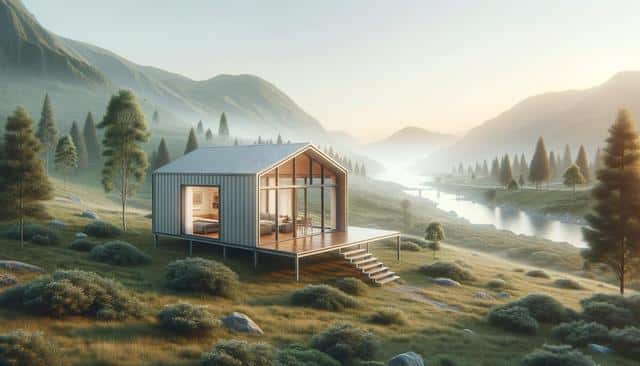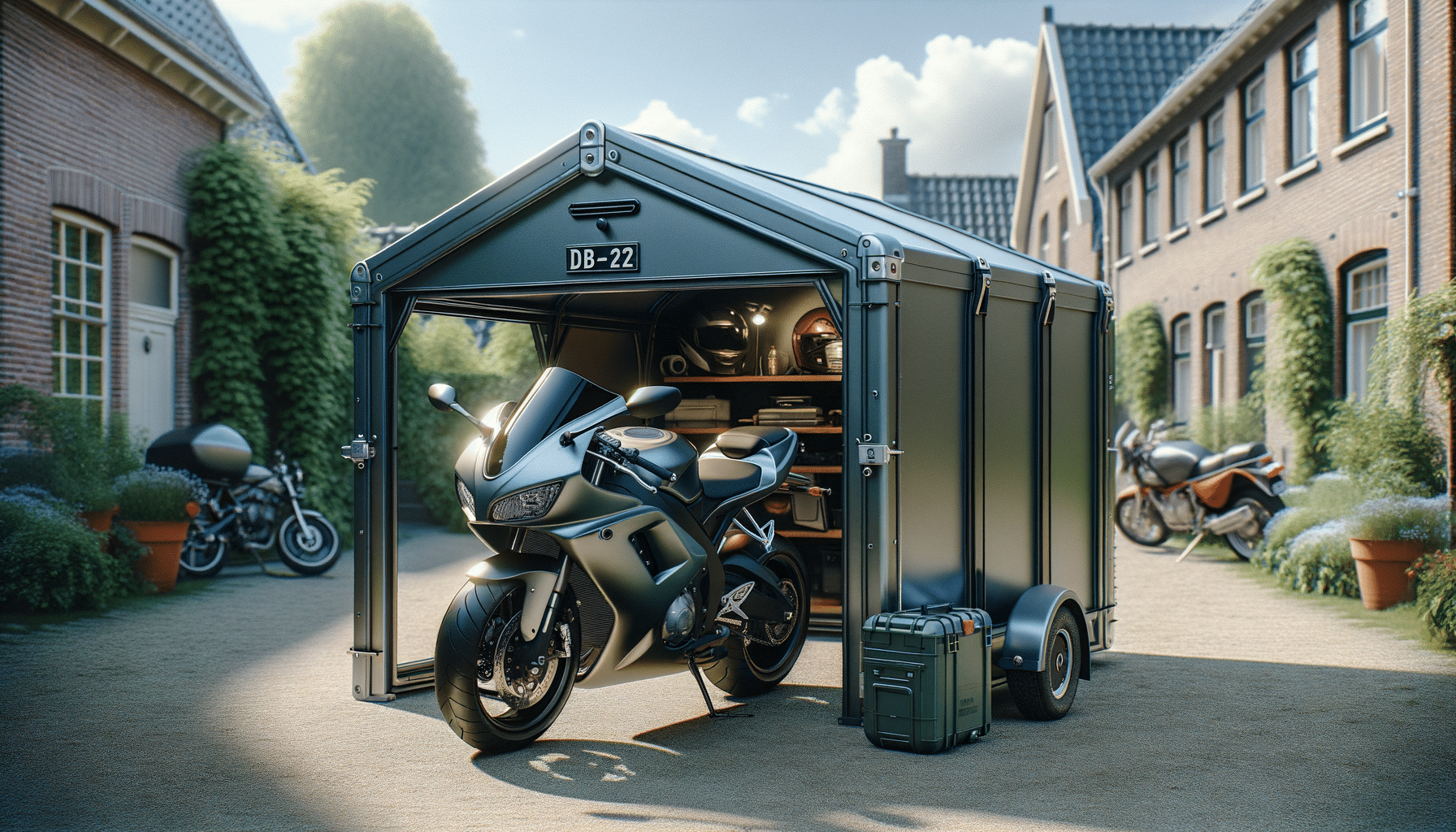
Prefabricated Homes: Combining Speed, Quality and Affordability in Modern Living
Understanding the Concept of Prefabricated Homes
Prefabricated homes, also known as prefab houses, are built using components manufactured off-site in a controlled factory environment. These components are then transported and assembled at the final location. This process contrasts with traditional construction methods, where all building work is done on-site. The concept of prefabrication is not new, but recent advancements in technology and design have significantly improved the quality and appeal of these structures. Prefabricated homes today come in various forms, such as panelized houses, modular units, and even full-volume sections that are simply joined together on location. This flexibility in structure and style allows for a wide range of applications, from urban housing to remote vacation cabins.
Benefits of Speed and Efficiency
One of the foremost advantages of a prefab house lies in the speed of construction. Since most of the building process takes place in a factory, delays caused by weather or labor shortages are minimized. In many cases, prefabricated modular homes can be completed in a matter of weeks once the site is prepared. This efficiency not only reduces construction time but also lowers labor costs. Additionally, because factory environments are highly controlled, there is a higher level of precision and quality control. This results in fewer construction errors and less material waste, contributing to a more streamlined and resource-efficient building process.
Affordability Without Compromising Quality
Prefabricated homes offer a financially accessible alternative to traditional housing, without sacrificing durability or design. The cost savings come from several sources: reduced construction time, bulk purchasing of materials, and lower labor expenses. These homes also benefit from standardized production, which helps keep pricing consistent. Despite being more affordable, many prefab houses are built to meet or exceed local building codes and energy efficiency standards. Buyers can expect features such as:
- High-quality insulation and windows for energy savings
- Durable materials designed for longevity
- Customizable layouts and finishes
This balance of cost, quality, and customization appeals to a wide range of homeowners seeking functional and stylish living spaces.
Sustainability and Environmental Considerations
Environmental sustainability is a key advantage of prefabricated modular homes. The factory-controlled process allows for optimized material use, significantly reducing waste. Additionally, many prefab house manufacturers prioritize eco-friendly materials and energy-efficient designs. Because modules are built in advance, site disturbance is minimized, preserving the natural landscape. Some of the eco-conscious features often integrated into prefabricated homes include:
- Solar panel compatibility
- Low-VOC paints and finishes
- Water-saving fixtures
- Recyclable or renewable building materials
These elements contribute to a reduced carbon footprint and a more sustainable lifestyle, which is increasingly important to environmentally conscious buyers.
Design Flexibility and Customization Options
Modern prefabricated homes are no longer limited to uniform, boxy designs. Today’s prefab house options span a wide variety of architectural styles, from minimalist studios to spacious family residences. Buyers can choose from pre-designed floor plans or work with designers to create personalized layouts that suit their needs. Prefabricated modular homes are particularly versatile, as individual modules can be arranged in different configurations to accommodate various site conditions and preferences. Customization options often include:
- Exterior finishes like wood, metal, or fiber cement siding
- Interior layouts with open-concept designs
- Smart home integration and energy-efficient systems
- Outdoor additions such as decks or carports
This level of design flexibility makes prefab homes suitable for a wide range of lifestyles, from urban professionals to growing families and retirees.
Conclusion: A Practical Choice for Modern Living
For individuals and families seeking a practical, efficient, and stylish housing solution, prefabricated homes offer a compelling alternative. With their combination of speed, quality, affordability, and sustainability, these homes are well-suited for the evolving demands of modern life. Whether you’re looking to reduce your environmental impact, save on construction costs, or enjoy greater control over your home’s design, a prefab house can provide a balanced and forward-thinking approach to homeownership. As the market continues to grow and innovate, prefabricated modular homes are earning a well-regarded place in the future of residential construction.


